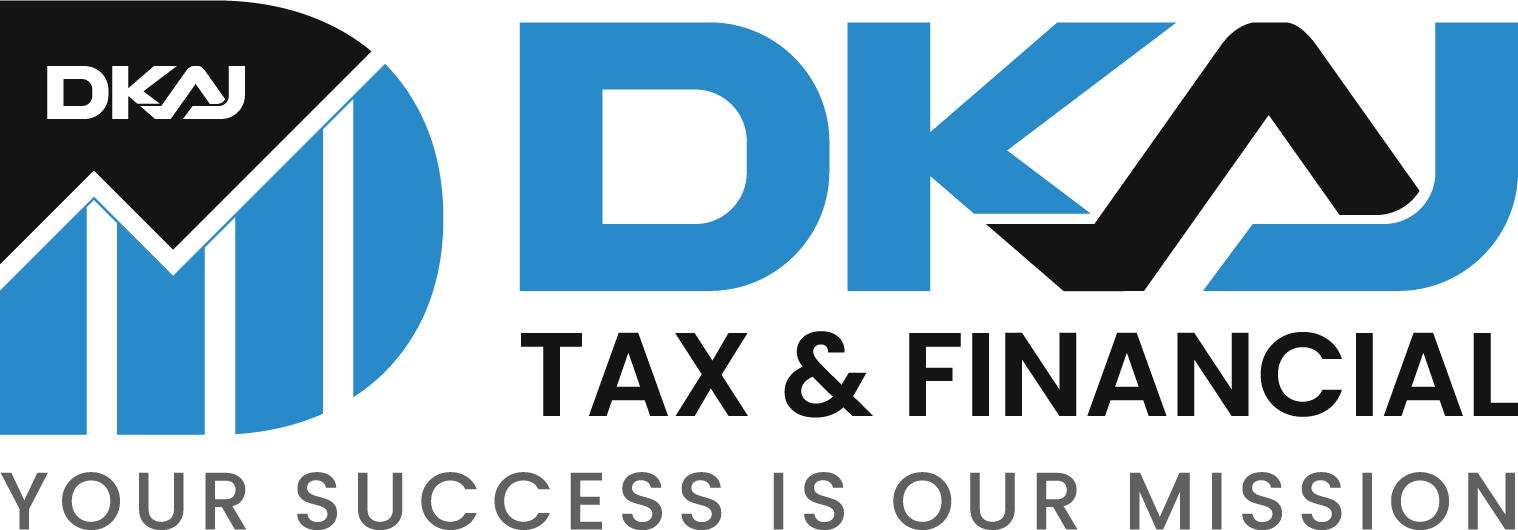New Government Credits Heat Up Ontario’s Tax Season
 Friday, February 18, 2022
Friday, February 18, 2022
A little financial warmth goes a long way to making tax season more bearable. The Ontario government’s commitment to helping seniors, workers, and families through tax credits could put thousands of extra dollars in their pockets even if they never earned income in 2021. There are 7 tax credits in total in addition to other benefits and incentives. Here’s a breakdown:
Ontario Jobs Training Tax Credit
The government is prepared to refund eligible Ontarians half their expenses for retooling their skills for employment up to a total of $2,000. This credit will be extended to 2022 to help transition the process back into the workforce.
The Senior’s Home Safety Tax Credit
If you are a senior and own your own home, the government is willing to pay 25 percent up to $10,000 (ie, $2,500) for safety and accessibility upgrades. This credit also extends into 2022.
The Low-Income Worker’s Tax Credit
Eligible LIFT (Low-income Individuals and Families Tax Credit) filers can receive up to $850 a year in tax relief which can be used either to lower or eliminate their Ontario tax burden, excluding the Ontario Health Premium.
The Ontario Child Care Tax Credit
Also known as the ‘Ontario Childcare Access and Relief from Expenses (CARE) Tax Credit,’ this tax credit helps families pay for childcare services that best suit them. The yearly credit averages $1500.
The Ontario Seniors’ Public Tax Credit
Save your receipts! This is a refundable tax credit that helps seniors with their public transit costs.
The Ontario Energy and Property Tax Credit
As the name suggests, this tax credit helps with the costs of homeownership. This is a refundable tax credit that helps low, moderate, and senior Ontarians pay for property taxes and sales tax on energy costs.
The Northern Ontario Energy Credit
Northern Ontarians can use this tax credit to help with their considerable home energy costs.
Additionally, Ontarians are being encouraged to vacation in their province this year to claim the Ontario Staycation Tax Credit in next year’s returns. It’s designed to help tourism and hospitality in the area recover from the Covid-19 pandemic. Specifically, it allows residents to claim 20 percent of eligible 2022 accommodation expenses, up to $1000 as an individual or $2000 as a couple with, of course, appropriate proof.
In addition to the new credits, there are the following national modifications for 2021 to existing credits that also apply to Ontarians:
This refundable tax credit for low-income earners has changed its benefit rates and income thresholds as well as implemented a new “secondary earner” exemption.
Climate action incentive payment
Previously a refundable tax credit, Ontario residents will now automatically receive payments four times a year, starting in July 2022. Only those who have filed a return are eligible for payments. There may be an additional supplement for residents of small and rural communities who expect to continue living in a remote location on April 1, 2022.
Remote/hybrid/self-employed workers could claim a deduction of up to $500 for home office expenses using a flat rate method if they worked from home for more than 50% of the time for at least four consecutive weeks due to Covid-19.
This applies to a capital cost allowance and has changed the definition for vehicles acquired after March 1st, 2020.
Vehicles still qualify if they are subject to a capital cost allowance or terminal loss claim as long as the vehicle wasn’t purchased by the taxpayer on a tax-deferred rollover basis nor previously owned or acquired through friends/family/acquaintances/partners in a non-arms length transaction.
A portion of pollution proceeds is returned to farmers in areas including Ontario that don’t have a carbon pricing system. Farmers who incur eligible farming expenses of $25,000 or more may be able to receive a credit of $1.47 per $1,000 in eligible farming expenses.
Educator school supply tax credit
This will be expanded to allow teachers to claim a 25% refundable tax credit for purchases of up to $1,000 on eligible teaching supplies brought during the applicable tax year. The list of eligible supplies has also been expanded to include certain electronic devices including those used to facilitate remote learning.
These deductions apply to residency and travel benefits are available for Northern residents (including Ontario) living permanently in a prescribed zone for a continuous period of no less than six months during the tax year. The travel deduction is being expanded to be available to northern residents who travel when their employers don’t provide travel benefits for personal travel.
The full amount of these deductions are available to eligible people living in the prescribed northern zones and 50% of the deductions are available to people living in intermediate zones.
Summary
With a raft of changes and modifications to the tax law for 2021’s taxes, even if you didn’t earn an income last year, you must file a claim to take advantage. See here for a full convenient summary of the important tax numbers you’ll need to be aware of for this tax season.
 Address:
Address:  Email:
Email: 
 Facebook
Facebook Twitter
Twitter footer.followus.insta
footer.followus.insta

